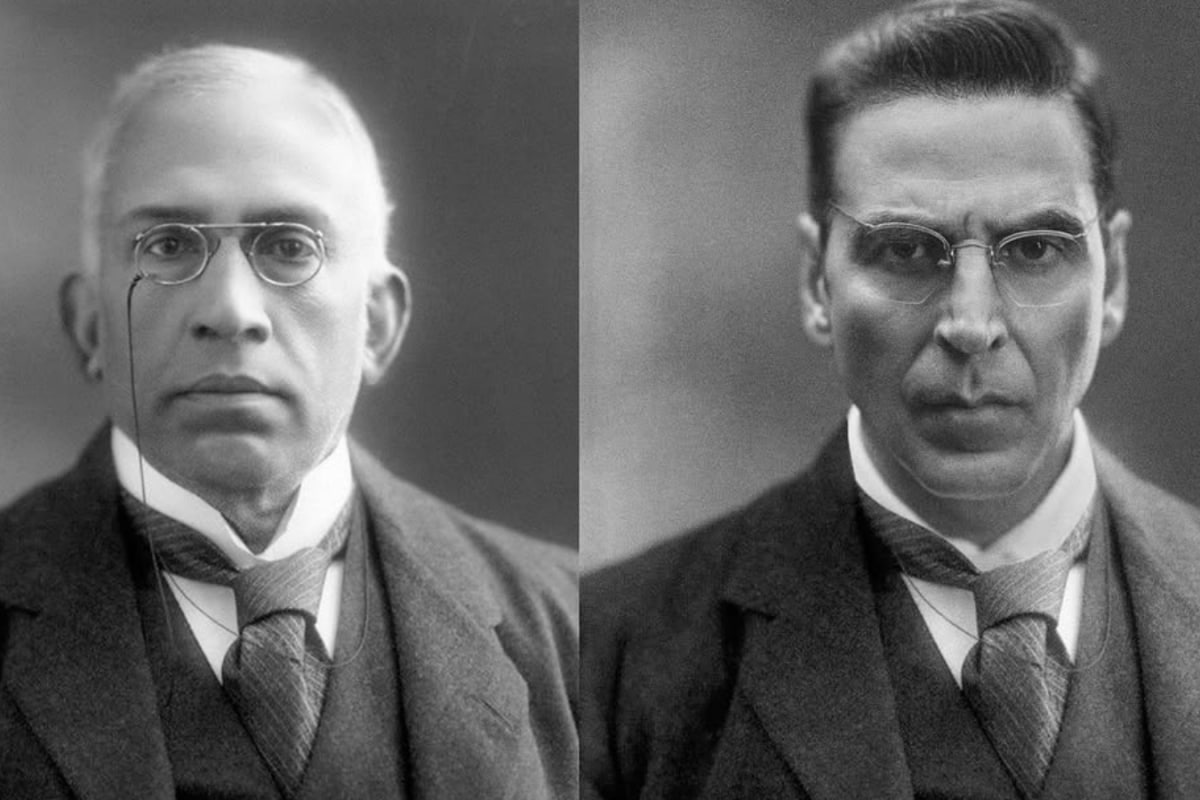The Lok Sabha on Wednesday approved amendments to the central waqf law, which aims to make sweeping changes in the regulation and management of Islamic charitable endowments, accords more power to the government, and allows for the appointment of non-Muslims and women to waqf boards, after overcoming a stiff challenge from the Opposition that alleged the bill was unconstitutional. The Waqf (Amendment) Bill was passed in the Lower House with 226 MPs in favour of the bill and 163 against, after a marathon 12-hour debate. The government aims to bring the bill in the Rajya Sabha on Thursday.
Union home minister Amit Shah and minority affairs minister Kiren Rijiju led the charge from the National Democratic Alliance (NDA), which also put up a show of unity with all key allies backing the contentious legislation. Making an intervention during the debate, Shah said if there was no amendment to the Waqf Act in 2013, there would have been no need to bring this bill. “Elections were due in 2014 and in 2013, the extreme Waqf law was made overnight for the purpose of appeasement.

As a result, 123 properties in Delhi’s Lutyens zone were handed over to the Waqf just 25 days before the elections,” he said. He also said that non-Muslims in the Waqf bodies – one of the most controversial changes proposed by the bill – were meant purely for ensuring administration of properties. “A delusion is being created in Muslim brothers that the bill is about interfering with the property they have donated.
This is a huge misconception being spread, and by scaring Muslims, they (the Opposition) are building a vote bank,” Shah said. “It is the resolve of the Modi government that no citizen of this country, irrespective of his religion, will be harmed,” he added. The government also brought The Mussalman Wakf (Repeal) Bill, 2024, which repealed the 1923 law that sought to improve the management of waqf property and ensure accountability.
“If you say that this Bill is unconstitutional, then tell us why. I read the court’s observation that Waqf property management is legal. If this was unconstitutional, then why didn’t any court strike it down? We should not use the words ‘constitutional’ and ‘unconstitutional’ so lightly,” Rijiju said in his reply.
Earlier in the day, Rijiju accused the United Progressive Alliance of diluting waqf laws to appease one community, and alleged that had the Narendra Modi government not been formed, many important buildings, including the old Parliament building, could have gone to Waqf. “We have the CGO complex in Delhi. Parliament building, many properties.
Now the Delhi waqf board made this claim that these are waqf properties. Now this case was going on in the court. At that time, the UPA government denotified all the land and gave it to the Waqf Board.
123 properties were de-notified. If we had not brought this amendment today, then this Parliament building in which we are sitting, this too would have been claimed,” he said. The Opposition — united against the bill — alleged that the government was trying to further the Sangh Parivar’s agenda by enacting a legislation that was an “attack on the basic structure of the Constitution”.
Objections were raised as soon as the bill was brought on technical grounds, but Lok Sabha Speaker Om Birla overruled the objections, citing rules. “This bill is an attack on the basic structure of our Constitution, an attack on our federal structure, and has four primary objectives: to dilute the Constitution, to defame minority communities, to divide Indian society, and to disenfranchise minorities,” said Congress leader Gaurav Gogoi, the first Opposition participant in the debate. All India Majlis-e-Ittehadul Muslimeen leader Asaduddin Owaisi said the bill violated Articles 25 and 14 of the Constitution, and pointed out that the 2013 bill was passed unanimously in the Lok Sabha with the help of the BJP.
“They must clarify whether leaders such as LK Advani and Sushma Swaraj were wrong,” he said. A waqf is a Muslim religious endowment, usually in the form of landed property, made for purposes of charity and community welfare. The draft bill, introduced by the government last year and amended after recommendations by a joint parliamentary committee, proposed major changes in the regulation and governance of India’s waqf boards.
It scraps the waqf by user provision – where a property is acknowledged as waqf because it has been used for religious activities for some time, despite there being no official declaration or registration as waqf – for future cases, permits women, Shia sects and government officials to be members of waqf bodies, and gives overriding power to senior officials to determine if a government property belongs to a waqf. The bill also allows only a person “showing or demonstrating that he is practising Islam for at least five years” to donate properties to waqf and stipulates that women and other rightful heirs can’t be denied their inheritance due to the creation of a waqf. The bill was reviewed by a 31-member JPC that witnessed fierce arguments and was vertically divided along political lines, with all Opposition members giving dissent notes to the bill.
In all, the new bill accepted 14 JPC recommendations. Rijiju said a clause was inserted in section 108 of the waqf act that said the provision of the waqf board will be above any existing law in this country. “It will have an overriding effect, such a law was made by you (Congress).
Mr. Speaker, how can such a law be approved in this country?” he asked. Opposition leaders raised objections as soon as the bill was brought for discussion and passage, raising several technical points.
Revolutionary Socialist Party’s MK Premachandran said that the JPC cannot suggest fresh clauses of the bill while Congress leader KC Venugopal said the bill was brought to the notice of the MPs only around the afternoon, but the time for submitting amendments was till 3:30pm. “How can the members move amendments? You are actually bulldozing the legislation,” he said Samajwadi Party chief Akhilesh Yadav alleged that the Waqf amendments were aimed at polarisation and will send a wrong message to the world, denting the country’s secular image. All NDA allies stood with the government, with the TDP suggesting that the Centre should consider giving states a role in determining the composition of waqf boards.
.
Top

Lok Sabha passes Waqf bill as NDA, Oppn spar in stormy debate

The Waqf (Amendment) Bill was passed in the Lower House with 226 MPs in favour of the bill and 163 against, after a marathon 12-hour debate.











